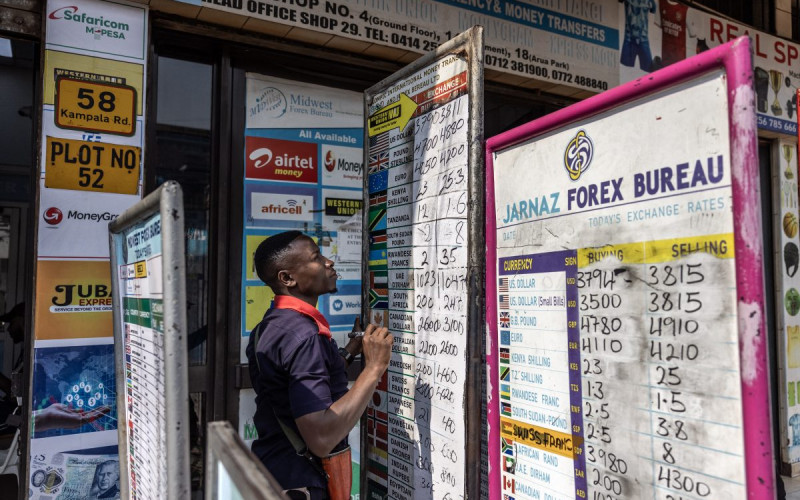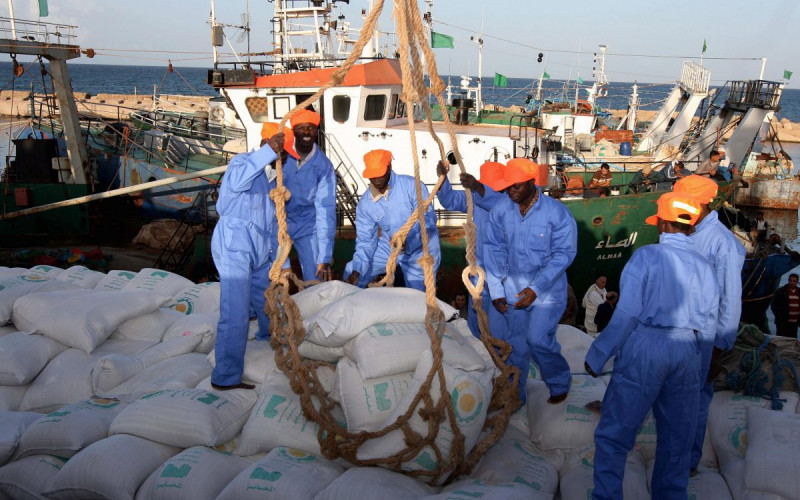It has been integral to India’s overall liberalisation and structural reform programme, which was initiated in the 1980s and gained momentum after 1991. The increasing significance of India’s service sector has, however, raised issues and concerns that need to be addressed domestically, in consultation with relevant stakeholders, and externally, in consultation with key trade and investment partners. The paper analyses the liberalisation and structural reform process carried out in India’s service sector since 1991 and the key lessons to be learned. It considers a representative set of services from different subsectors, namely telecommunication (infrastructure), banking (financial), higher education (social) and retail distribution (commercial) services, to understand the liberalisation process and the challenges faced in undertaking various reform measures.
The paper shows that the liberalisation process has involved a series of regulatory and non-regulatory measures involving the government and other stakeholders. The reforms have been challenging and have evolved over time, often involving a process of learning through experience. In subsectors where liberalisation has been successful, this has resulted in increased efficiency and productivity in that service sector and often in related sectors. Where conflicting views of stakeholders have impeded the reforms process, only partial and halting liberalisation has been possible.
Overall, the paper reflects that the market structure and domestic policies and frameworks have shaped the pace and extent of liberalisation across different services in India. To be successful, liberalisation has to be supported by regulatory and legislative reforms, and a strengthening of regulatory and enforcement capacity. Instituting appropriate regulatory bodies, clearly defining their roles and improving governance are just as important as pursuing liberalisation.







